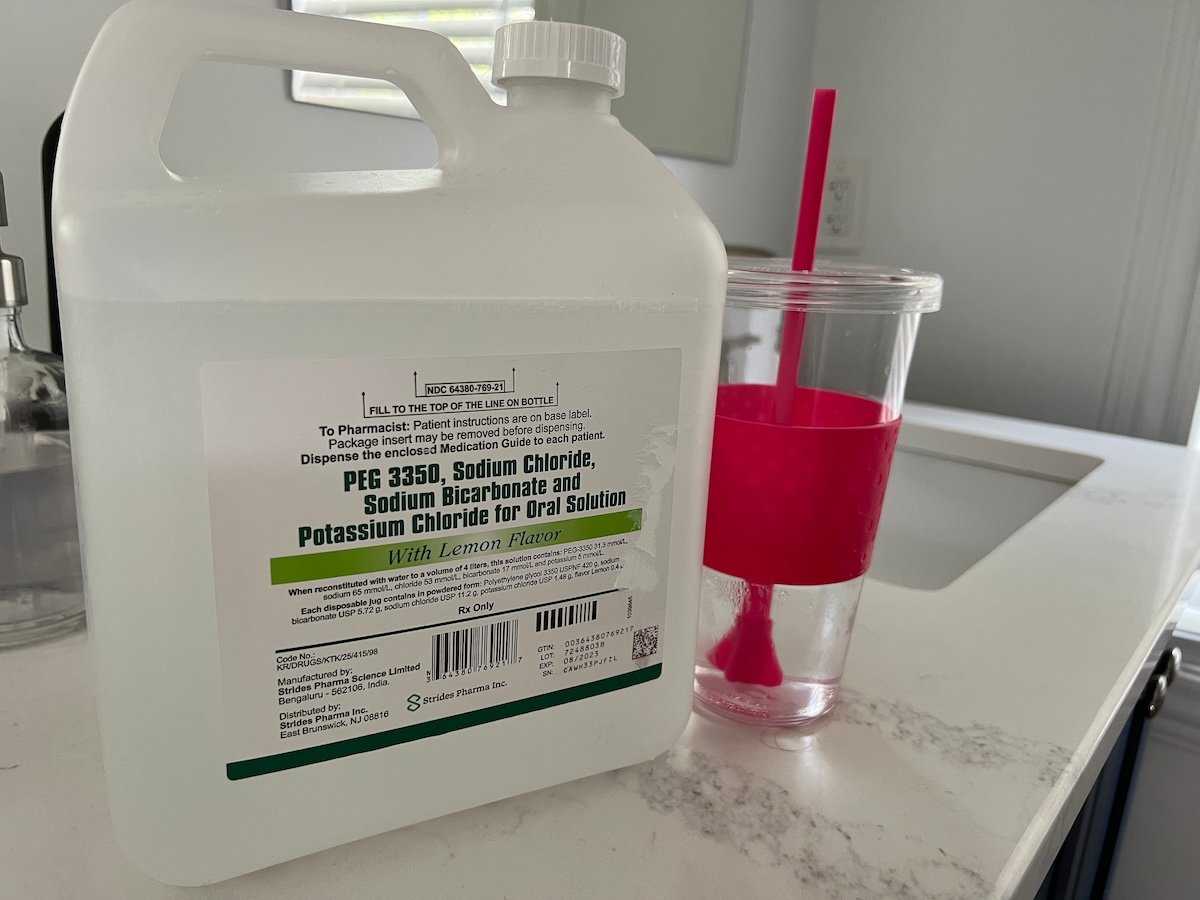
Canadian researchers have found that about 1 in every 3 people newly diagnosed with cancer experienced at least one emergency department visit sometime during the three months prior to their diagnosis. Many of the visits ended up being caused by symptoms related to the cancer, noted a team led by Dr. Keerat Grewal, an emergency… read on > read on >










.jpg)



.jpg)















